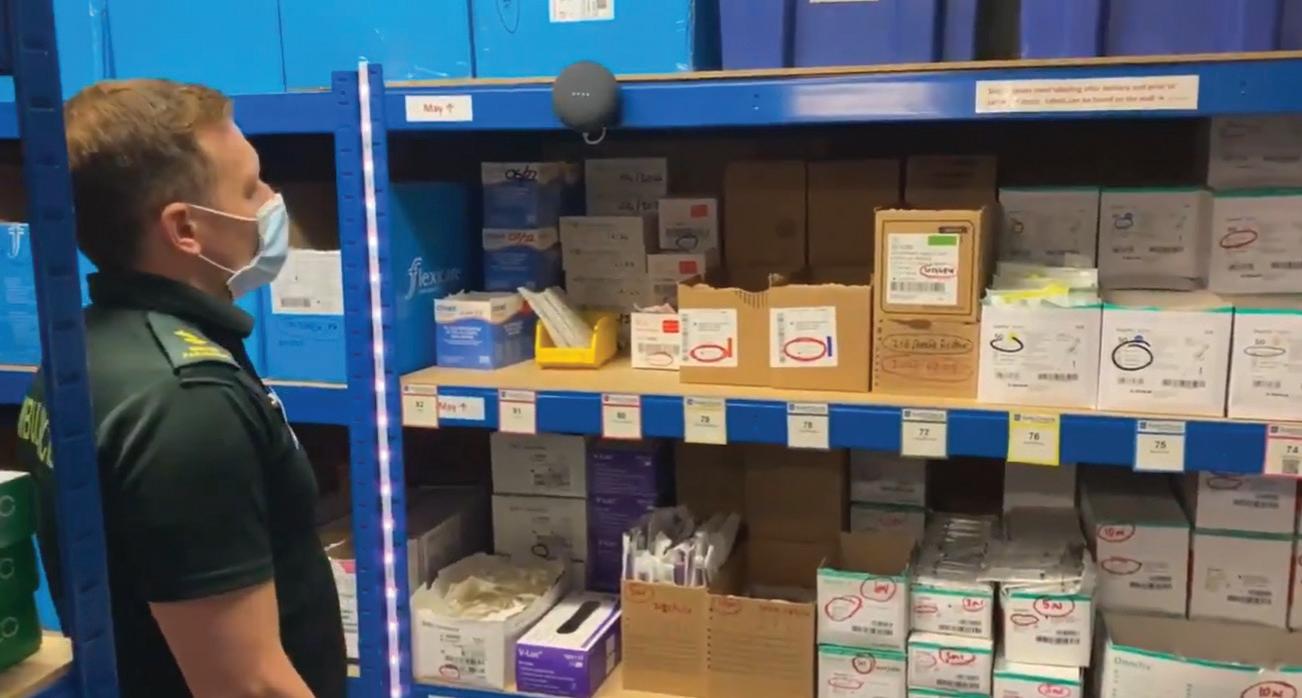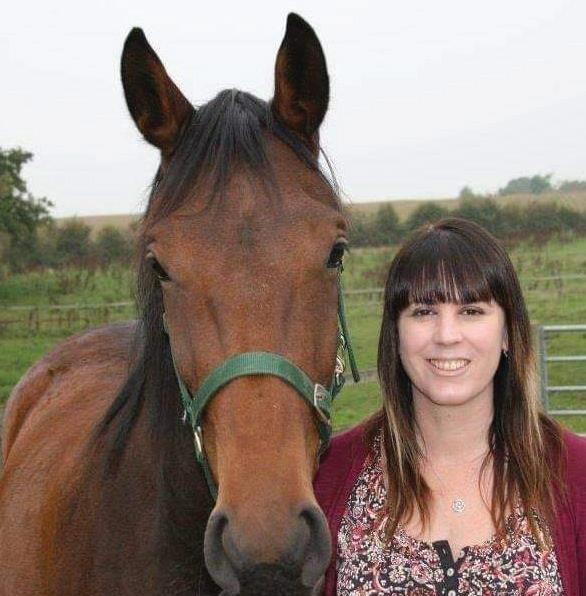Behind the scenes at NHS 111 with Maariyah Maariyah Akhtar is an NHS 111 health advisor based at Middlebrook and has been part of the 111 team for two years. She gives us an inside view of her job and what the new ‘111 First’ initiative means for the service and what it has been like working through a pandemic. What does a 111 health advisor do? Each day I take many calls, taking patients through an assessment in order to get them the right care, in the right place. This includes getting patients booked in with a local service for telephone consultations using a new system. It is going well, especially in instances where patients have been trying to contact their GP surgery but not been able to get through. Calls are varied throughout my shift. Although we are a non-emergency line, calls can progress very quickly. For example, I remember one morning, it was 6am, and my first call on shift was giving CPR advice to the caller.
Although I may have dealt with this type of call before it never gets any easier, no call is ever the same. How do you deal with these types of calls? We have a clinical team who are on hand to support us during these difficult calls. 111 calls mainly consist of non-emergency requests for help such as patients calling for a prescription request or just a general medical enquiry to which then the patient is referred to an appropriate local service. But there is always the chance we get a life threatening call, and having the support team to help us is a real comfort. Tell us more about 111 First. We are now able to book arrival time slots for accident and emergency departments. This is helping to reduce overcrowding at A&E, making social distancing easier in hospital emergency 8
#YourCall
departments. It is helping to keep staff and patients who access the emergency departments safe. When advising patients to attend A&E, I often hear them say they wouldn’t like to go because of previous experience of having to wait hours and hours, but when an arrival time is available and offered they are happy to attend. It’s a fantastic service that has been put in place for patients. So when you think you may need to go to the emergency department think NHS 111 first! What has it been like working through a global pandemic? Living with my elderly parents and ensuring that risk was minimised was a challenge in itself. At the beginning it was all very scary and no doubt it still is. The demands of the NHS 111 service were extremely high. The majority of calls coming in from the general public were COVID-19 related. Patients were panicking, distressed and upset. Reassuring, listening and offering the correct advice was very important. As time went on things got difficult, a national lockdown came into force and we were all facing unprecedented circumstances. I also received calls were patients talked about not being able to see their loved ones due to the restrictions in place. Some of these calls included patients ringing up about not being able to visit their grandparents and relatives in care homes which was impacting their mental health. Taking calls from patients who have unfortunately contracted the virus, listening to their story, the challenges they have faced during these unprecedented circumstances has been a real eye opener for me. But what puts my mind at ease, is that this is something that we are all going through together and there are many support services that are available with NHS 111 being one of them. After a tough year, things are still demanding and not the norm. The key message is to stay safe and follow government guidelines to protect each other and hopefully we can start to see a change for the better.












